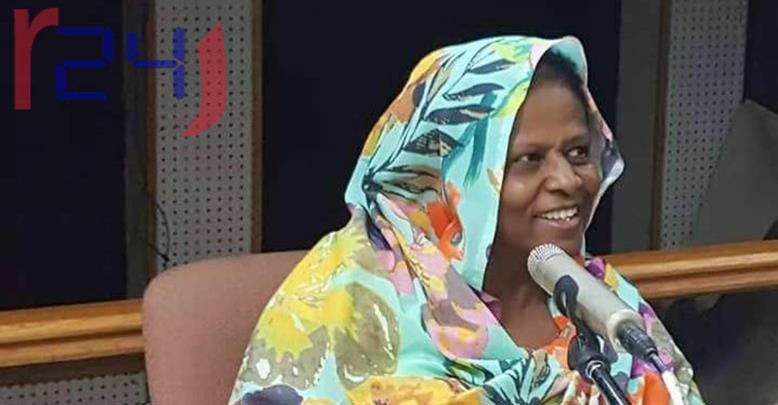In light of the circumstances and conditions experienced by Sudan
after December glorious revolution and the efforts to address the
crisis left by the former regime, Sudanese universities and
scientific research institutions had to play an active role in this
stage, so came the proposal of University of Khartoum initiative
where it organized a forum for national building and democratic
transition, which lasted for several days in Khartoum with the
participation of professors and researchers from various universities
in Sudan.
However, the idea was to place the contributions of university
scientists and researchers at the disposal of the authorities in the
transitional government for the purpose of using them to take the
east African country to shores of safety.
Since there were difficulties facing the participation of all
universities in this forum, the idea moved to the universities in the
states, so the Nyala University Forum – Thursday – was held with the
participation of a group of university professors, intellectuals,
politicians, resistance committees and leaders of the civil
administration.
The Vice chancellor of Nyala University, Professor Saleh Al-Hadi said
that the purpose of organizing the National Building and Democratic
Transition Forum is to provide the transitional government with
technical recommendations that support it in achieving the goals of
the glorious December revolution.
Saleh Al-Hadi stated that the forum was a continuation of the
University of Khartoum initiative , in which issues of federal and
local government, civil service reform, administrative and legal
reform, transitional justice, peace building a longside addressing the
effects of war, constitution making as well as elections, will be
discussed through the “free debate philosophy” then be submit its
recommendations to the University of Khartoum to incorporate them
among the outputs of the University of Khartoum Forum, which ends its
activities on Saturday.
While the former governor of South Darfur, Hashem Khaled, said that
the step to assign the civilian governors, shows that the country has
made great strides towards the democratic transformation that the
Sudanese people seek, and Hashem called for the necessity of
completing the institutions and structures of government as
stipulated in the constitutional document.
However, a number of participants in the forum attributed the
deterioration and underdevelopment that the country is experiencing to
the federal system of government.
For his part, the Deputy Director General of the Ministry of
Education and Guidance in the state, “Muhammad Adam Jad Al-Mawla,”
said that the slackening of federal and local government is due to the
large number of states and localities in the country, in addition to
the current division of states and localities and their establishment
which is based on ethnic and racial basis.
, “In this way, we do not rule out that a war will erupt between two
states, so I think that the best situation is to return to the system
of regions and reduce the number of localities.” he added,.
Dr. Mahmoud Ahmed Suleiman from the University of Nyala stated that
the reason for what the conditions in Sudan have become is the growth
of what he described as the triangle of perjury represented in
“partisanship, tribalism and regionalism.” He said, “Even the concept
of efficiency is limited to this triangle and because of it Sudan
lives these worsening crises and because of it we lost southern Sudan
and if we continue this way are will lose a lot.
The university vice chancellor , Prof. Saleh Al-Hadi, said that the
forum came out with valuable recommendations that will be submitted to
include with the recommendations of the University of Khartoum Forum,
which will conclude its work next Saturday.
The forum recommended adopting the system of regions to administer the
country, putting an end to regional and tribal racism, respect the
rule of law, and collecting arms from the hands of citizens,
benefiting from the Rwandan experience, and giving the native
administration broad powers and full support to carry out its role, as
well as consolidating faith in democratic transformation through fair
and monitored elections from All institutions of Sudanese and
international society, spreading a culture of peace and eliminating
injustice among the components of society, and focusing on the common
denominators between the people of Sudan.

